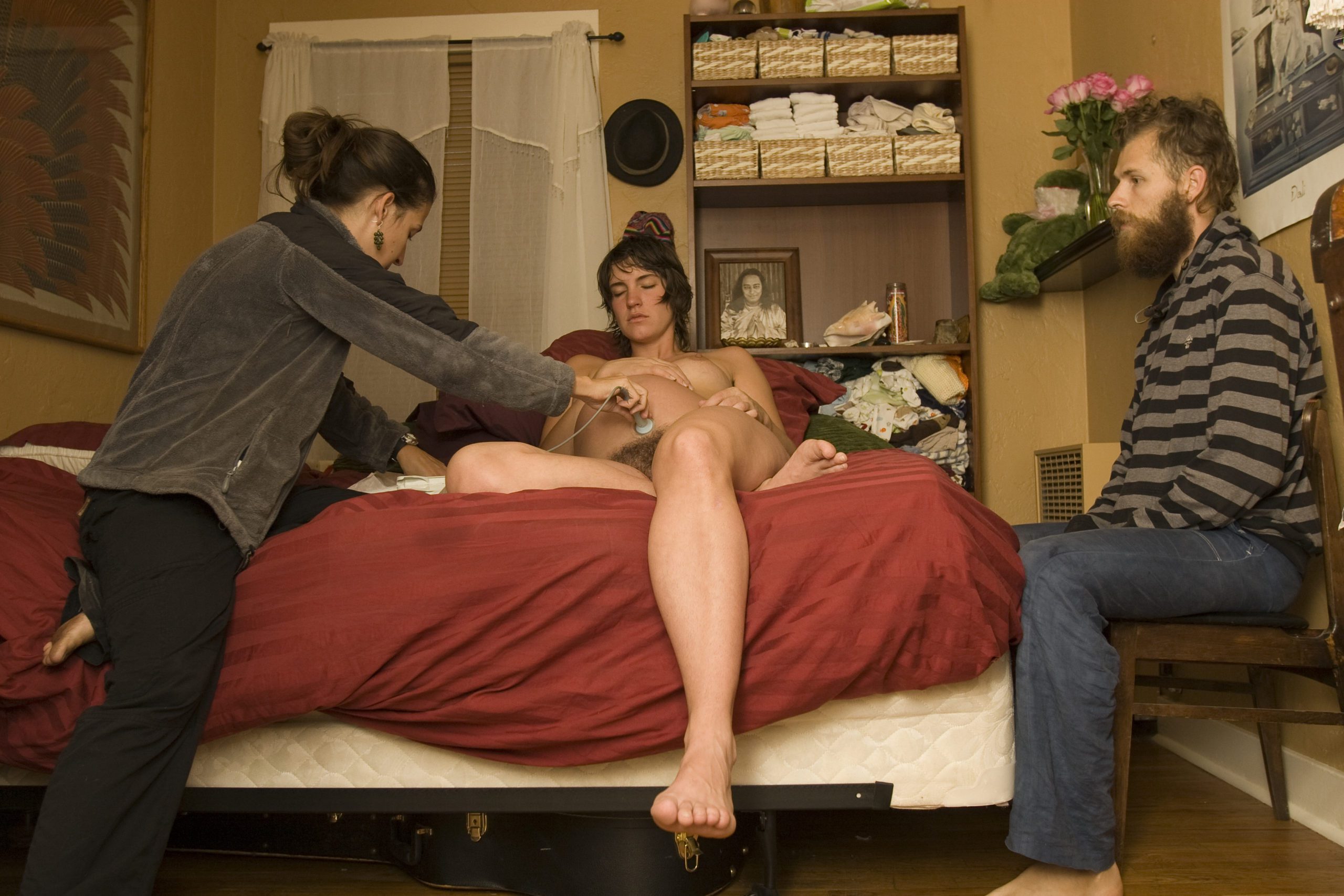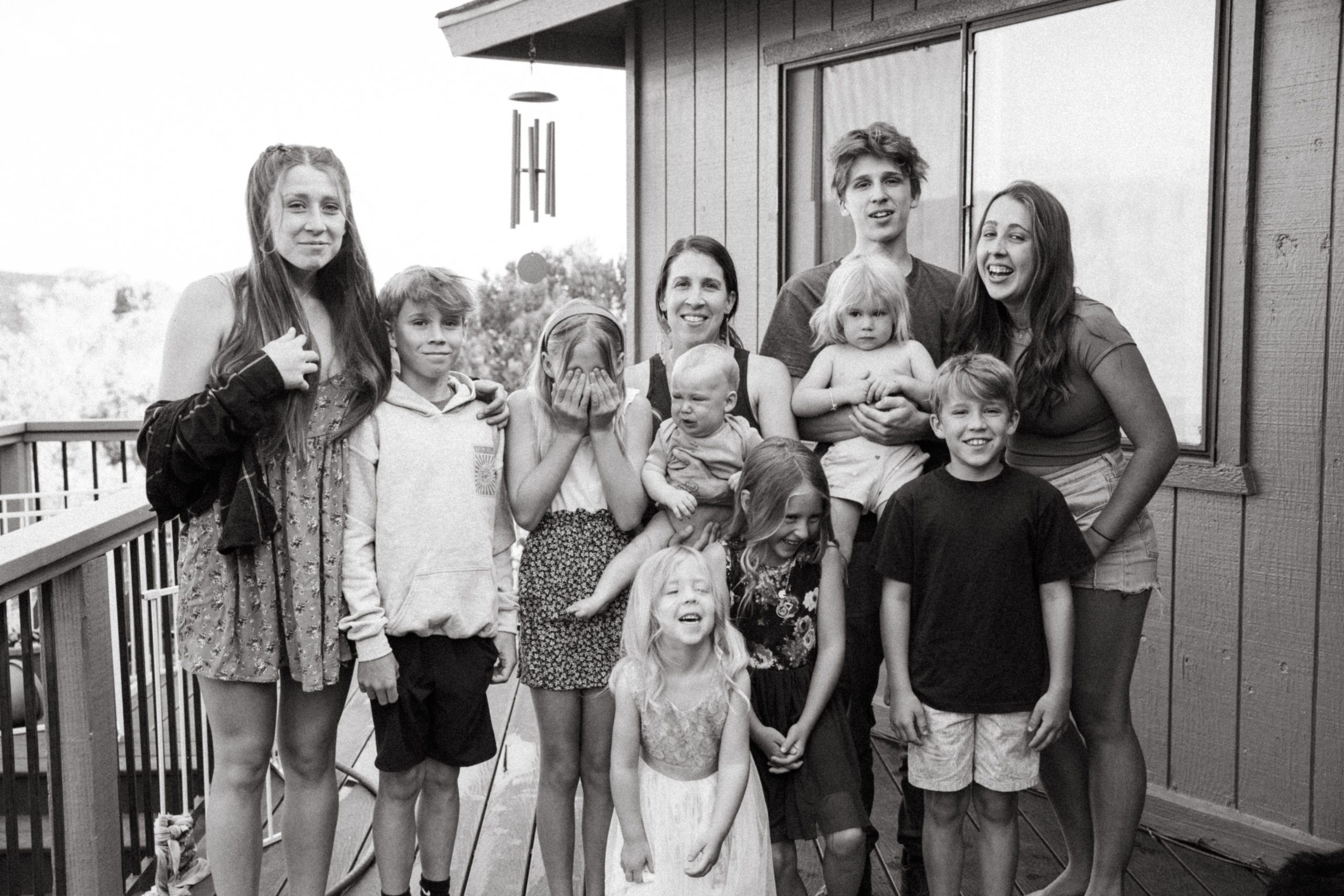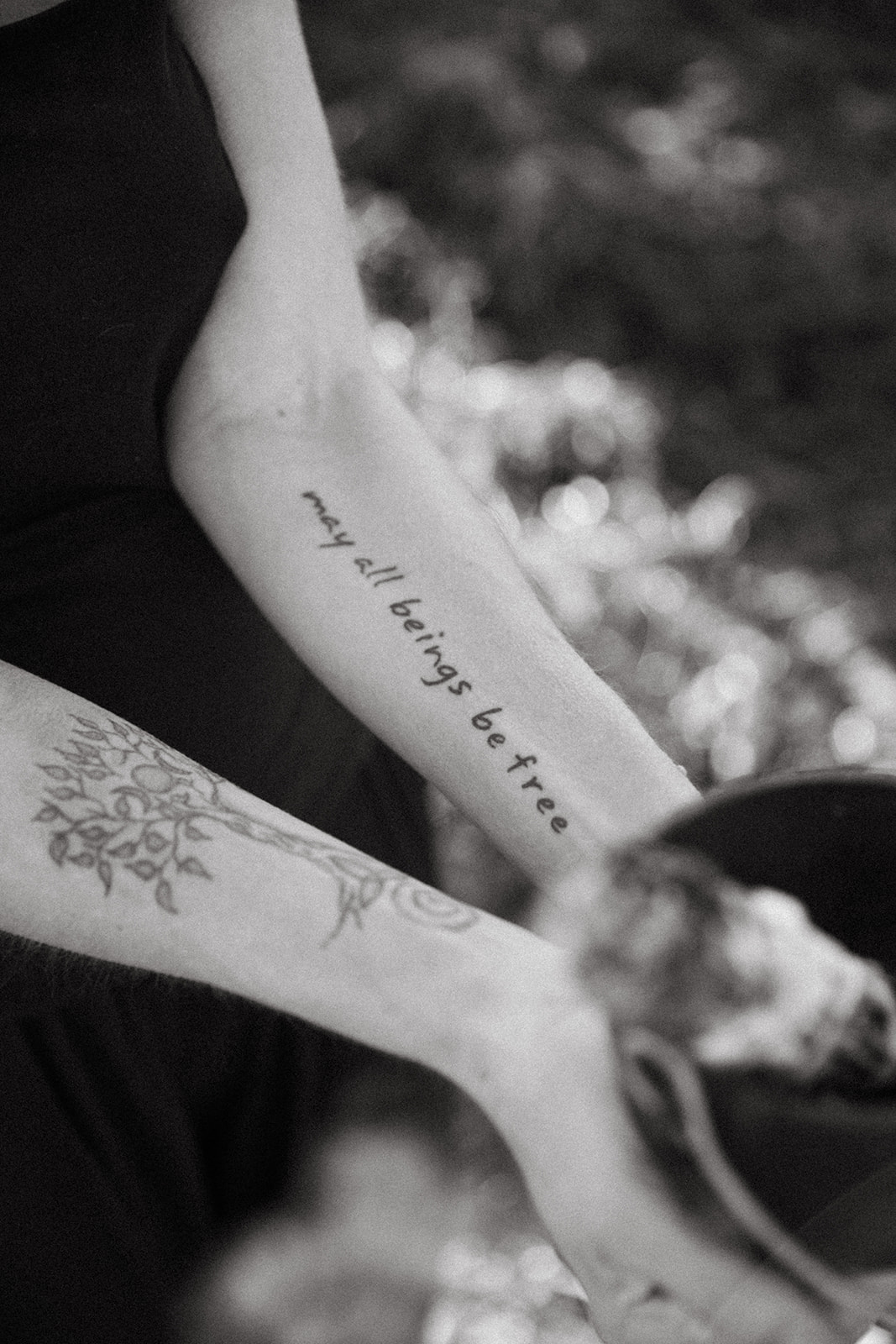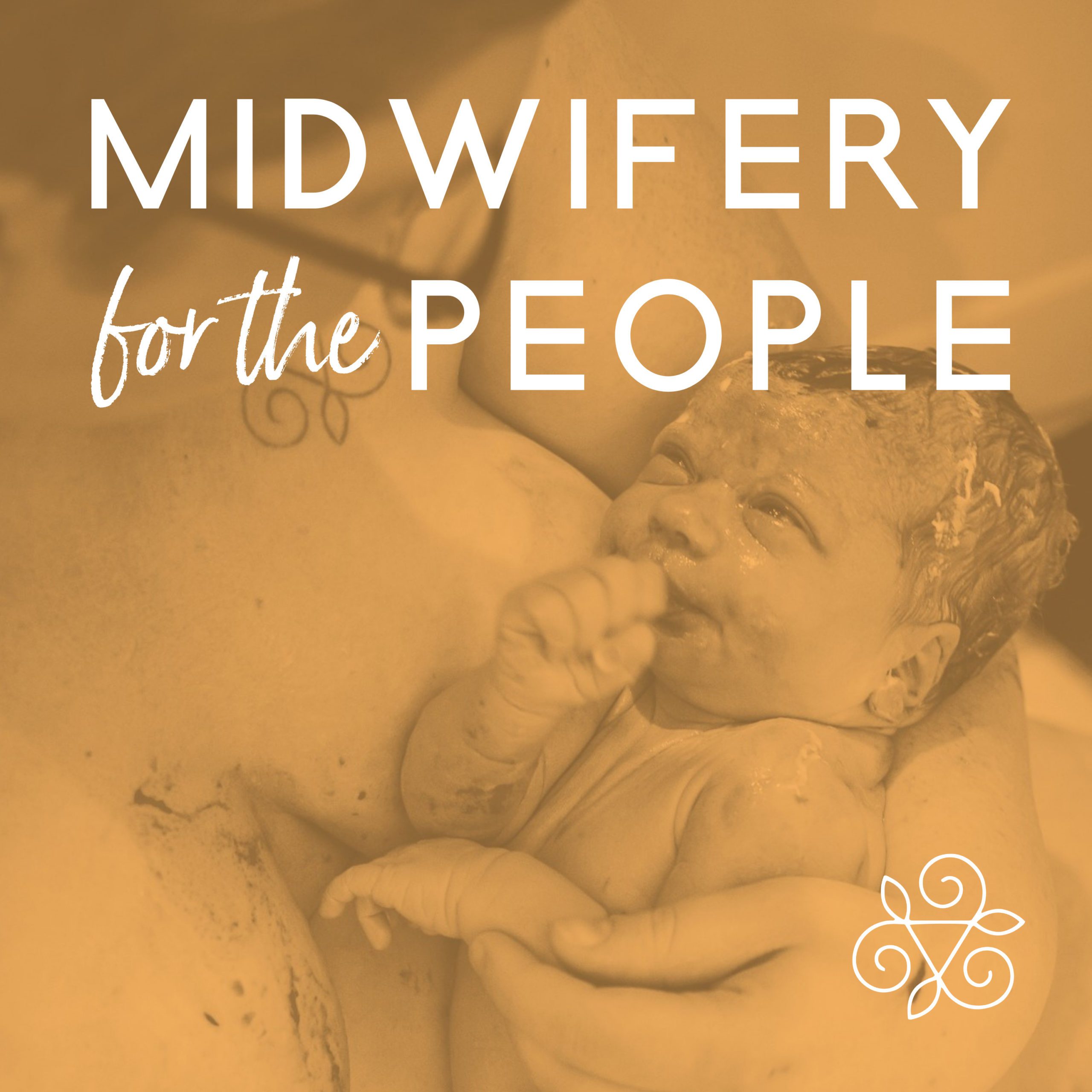My baby just turned one and is still exclusively breastfed (has had maybe a total of 4 ounces of my milk from a bottle or sippy cup, though I admit I would likely do this more if she was interested) and co-sleeps with me. I don’t think this is a competition or a “see who is more hardcore” sort of thing. This is what feels right for me and my baby, and is what I believe is the biological norm that our babies are born expecting. But this isn’t a you-should-do-it-too post, its a post about the reality of this choice and the support you might need if you go this route.
Before having my baby I thought that breastfeeding would go smoothly, and co-sleeping would leave us well rested (or at least not psychotic) like so many attachment parenting folks talk about. My experience has been very different, and while I know many families who found this approach to be fairly smooth sailing, I am writing from the perspective of someone who has struggled with this.
It is extremely hard to be a baby’s sole source of nourishment for the time before solids are introduced, and it is still difficult and stressful even after they are, especially if you have a baby who just isn’t that into food. It isn’t even fair to compare exclusive breastfeeding to a full time job. It isn’t the same sort of thing. It limits what you can do (at least comfortably), where you can go, how long you can leave your baby, how much and how long you sleep, what you can wear, etc, etc. I’m not painting a rosy picture here but like so many other topics, I feel like my job is to help correct the course back to something more realistic since the natural parenting community has had to overstate and oversell this approach for the last few decades to get anyone to pay attention. I think it is important to talk about the reality and how we can make it manageable.
Along the same lines is nursing to sleep and co-sleeping. I have paid “gentle sleep trainers”. I’ve even pondered doing cry it out (again, I’m not judging). But the reality is that it wouldn’t work for my baby and it wouldn’t work for me on a practical, emotional, or spiritual level. I just don’t AGREE that a baby should HAVE to be trained to sleep. And that belief for me is still stronger than the, at times, excruciating reality of being sleep deprived and bordering mental instability. Again, the sleep people would say “just don’t do it”. And I’m telling you, if I didn’t know and believe the things I do, I’d be the first to jump off this band wagon. A baby who falls asleep on their own, sleeps through the night and wakes up at some lovely hour like 7 or maybe even 8 am? Yes please! Then I could stop threatening to murder my husband on a regular basis and maybe take a shower more than bimonthly (that is generous, it is really more like every 3 weeks at this point and no I’m not joking). And some babies that are exclusively breastfed and co-sleep happen to also be these magical unicorn babies, but those people much just have impeccable karma. For the rest of us, when our babies cry in the night for the breast, even 20 times, we give it to them. I can only explain the months of reading about putting a baby down “drowsy but awake” as philosophically mind bending. I LITERALLY DO NOT UNDERSTAND HOW THIS WOULD HAPPEN, and that is because I do NOT have that baby. I remember reading through my personalized sleep plan and feeling a similar feeling to when I tried to not have weird arms in ballet class, or when I was preparing my oral presentation for Navajo language class in college. I have asked myself the question that seemed to be the theme of my first year of parenting – this doesn’t seem natural, so what am I doing wrong?
The conclusion I’ve come to is that I am not doing anything wrong. I am doing what my baby needs and expects. The problem is the world we live in. In the village or tribal setting we would have had more adults to help with the work that wasn’t taking care of the baby, and also to take care of the baby in limited amounts (carrying the baby and even nursing the baby). In short, we had more support. So how can we find more support in the here and now so that more women can exclusively breastfeed and co-sleep with their babies if they want to? How can we support women who have these beliefs, but are being challenged by the realities of these choices?
1. Your partner needs to be supportive and understanding – I can attest that even well meaning and generally forward thinking partners may have difficulty understanding the sheer desperation that comes (for some people) after not sleeping well for many weeks and months, with no end in sight. Communicate with your partner about how you are feeling. If you are the partner, you need to listen and validate those feelings and actively participate in coming up with ideas and solutions as needed.
2. Have your partner or other trusted loved ones help you with other non-baby duties as much as possible, and not just for the first few weeks. Have others help with baby duties too if that makes sense for you (diapering, playing, taking them for a walk, etc). It can be helpful to have your partner practice soothing the baby from early on so you can share in that when it isn’t an issue that may be solved by nursing, or to lessen the reliance on nursing for comfort. I think this is controversial and is something you have to feel out for yourself. But in general, I think that we’ve taken the “only the mom holds the baby” thing a little too far perhaps, and that having more people truly pitch in and help with the baby after the breastfeeding relationship is solidly established would be a really good thing. The key is that those people are really there to help support the family, not just get their baby fix, and that they are understanding and sensitive to the nature of the breastfeeding dyad .
3. Wet nursing – This is an idea I’d really like to explore more. Having friends nurse my baby was crucial in part of my early breastfeeding story. It is difficult to explain how heart wrenching it is to want so badly to nurse your baby, and to be in so much pain that thinking of nursing makes you cry. It was very scary to feel like I physically couldn’t feed my baby, and to not know how she and I would make it through the next day of nursing. I think in these situations in days of old, our friends would have come to our side (just like mine did) and would nurse the baby for us to give our nipples a break. As lovely as my friends are, it wasn’t feasible for someone to come live with me to do this, and it got us through a few days until we were able to address the possible cause of the pain which was my baby’s tongue tie. I’m not 100% convinced though that we couldn’t have made it through without the tongue tie release if we had had this wet nursing support built into our lives. And beyond the early weeks, I think wet nursing would make it much more doable for us to structure alone time and baby-free time into our lives from earlier on. It might even be a way for us to get a break and have a full or nearly full nights sleep every now and then if we took the proper measures (pumping or expressing as needed to prevent plugged ducts/mastitis/etc).
4. We need to change how we view this early time. I think the expectations for new moms are absurd, even amongst more holistic/crunchy crowds. I think its great if people can balance home + kids + work + social life + love life + self but for so many women the best they can do with the way our modern lives are structured is get through the day with everyone fed and maybe the dishes are done (but probably not). I don’t think this is ideal since it does a number on your self worth when you aren’t able to do some of the things you love regularly, and a shift towards more communal living is the only true remedy for these bigger picture problems. Culturally and on an individual basis we also need to really value exclusive breastfeeding and co-sleeping if we want families to feel sane while doing this!!! It is also difficult to navigate the choices we have when there are SO MANY different choices. In a more cohesive/homogeneous way of living there would not be too much difference in the way we parented (could arguably be a good or bad thing).
5. A cultural shift towards more communal living. I’ve already said this a few times, but I think it deserves its own paragraph. I think the only way we are going to make exclusive breastfeeding and co-sleeping work for all the families who want to parent this way is to change the way we live. We evolved to be breastfed, co-sleeping creatures, but we have taken the rest of the context away. We were living in small groups with friends and family. We had radically different day to day lives with lots of walking to hunt and gather, and lots of down time to enjoy being with the people we lived amongst. We were not alone in our homes with a baby all day long. We were not the only ones up at 2 am nursing. We were not the only lactating person around who could nurse a truly hungry babe. I think we could have much more joyful and successful early parenting experiences if we made even small shifts back towards these ways of life – more potlucks, more social time with other families, more intergenerational living, more sharing time with others who are doing the work of primary caregiver to talk about our lives and build comradery, more time with those who are NOT doing the job of primary caregiver so they can learn about the job (and vice versa) and help out the new parent if able, living closer to our neighbors physically, getting to know our neighbors, extending a hand to others in the community to foster more of a supportive network. There are many ideas.
What ideas do you have? What has your experience been with early parenting, and what support would you have benefited from?





THANK YOU for your honesty!
I largely felt crazy during that period of my children’s lives.
And I merely survived through it.
But all the information out there was actually harmful, not helpful in my case. I just needed sleep. End of story.
And my first baby was a wake up around the clock guy too. For two years..
More people need to share the struggles!